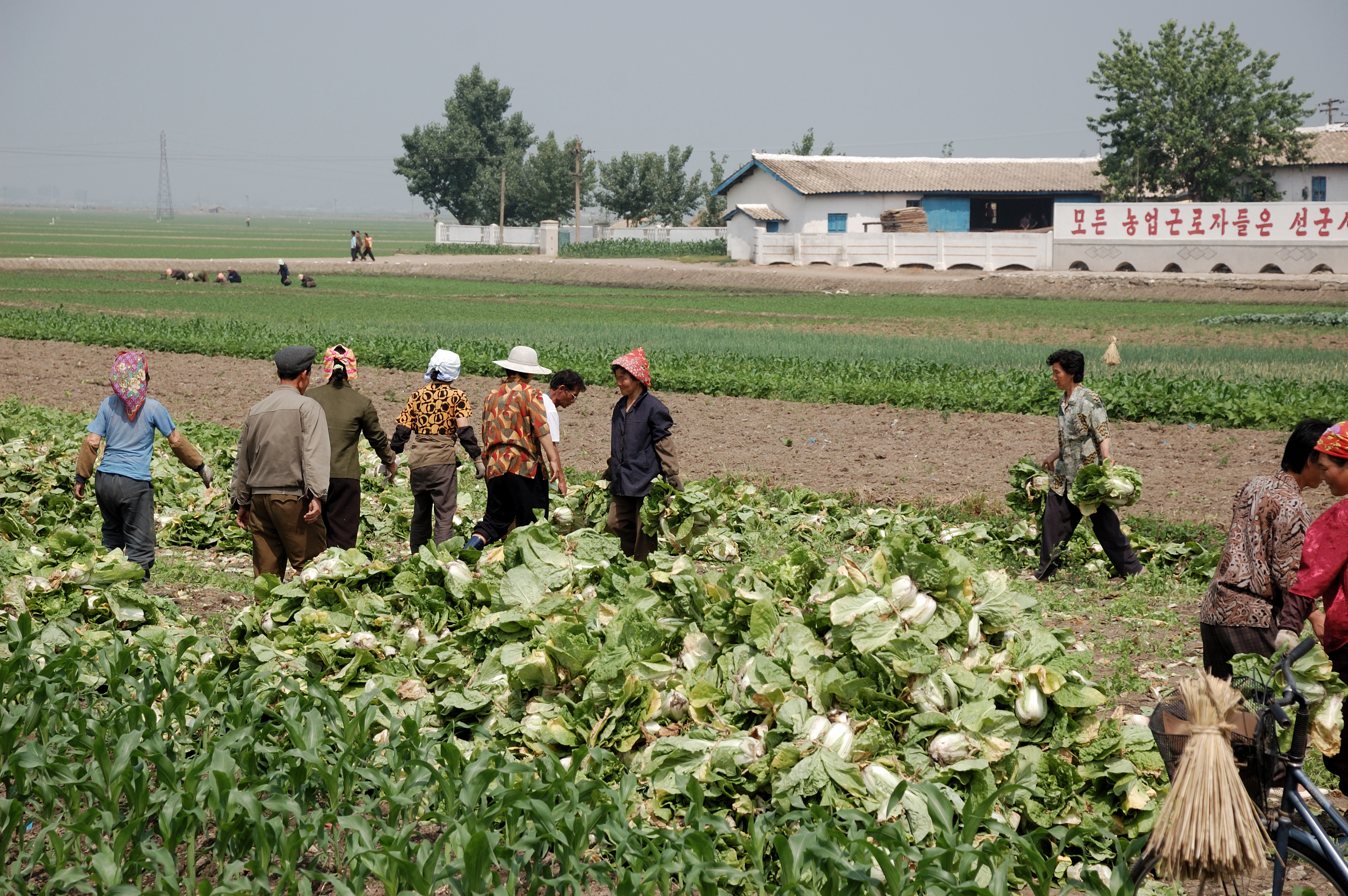RYAN LIPPERT WRITES – When two Associated Press journalists visited North Korea over the summer, they saw things few, if any, foreigners have ever seen. No, they did not see concentration camps or nuclear weapons. But they did get to see what life is like for North Koreans from all walks of life.
On their trip through the Hermit Kingdom, Associated Press journalists Eric Talmadge and David Guttenfelder didn’t just see the country’s extravagant capital of Pyongyang. They also drove through several other cities and the North Korean countryside, viewing small villages and tourist attractions.
In Pyongyang, they saw that while North Korea’s more affluent citizens shop and browse their smartphones just like the middle and upper-class in other countries, they still cannot access the Internet or even talk on the phone with people from other countries, highlighting the pervasiveness of the country’s isolation.
Outside Pyongyang, North Korea becomes the country that time forgot. Citizens can be seen working in fields and doing laundry in the river, while others fill potholes. Cars are a rarity, with many citizens biking or even using ox carts to get around.
In the country’s more developed areas, they saw citizens hanging out, playing soccer, and being…normal. They also discovered what may have been crude television antennas sticking out of rooftops.
While this particular trip shed new light on life in the secretive nation, the journalists only saw what the government wanted them to see. Like all other tourists visiting North Korea, Talmadge and Guttenfelder always had someone escorting them to make sure they were not interacting with the citizens, driving off the government-approved tour route, or taking pictures of military bases. While the hotels they stayed at were fairly luxurious, the televisions rarely worked and even when they did, they only had one channel.
Talmadge and Guttenfelder’s tour shows that although the people of North Korea are a lot like people in almost any other country, they may never learn this for themselves if their leaders continue to keep a tight grip on the media and every bit of information that flows into and out of the country.
For further details, you can read Talmadge and Guttenfelder’s full report here.

